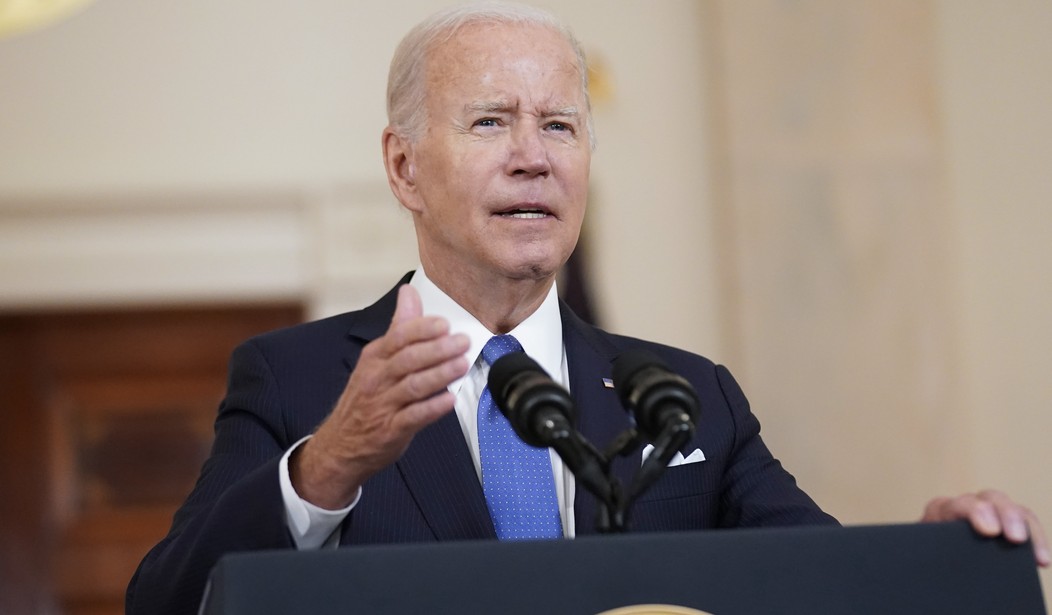Both supporters and detractors of the 1619 Project can recognize that focusing solely on the struggles of those brought to the American colonies as permanent slaves tells only one part of the story of African colonization and its ongoing impacts both on the African continent and worldwide. Yet both in the United States and across the African continent, true liberation began only in the aftermath of World War II.
Six years after Brown v. Board of Education in 1954 signaled the end of two-tiered segregation in the United States, France released several of its African colonies. The United Kingdom, Portugal, and Belgium ceded colonial control in the 1960s and 1970s, but not until 1994 did South Africa officially end Apartheid.
Today, Africa is a hotbed of entrepreneurship, though still plagued by lack of access to capital. But young Africans are working to overcome obstacles to their own future prosperity and that of their kinfolk. Their tenacity provides insights in how forgotten Americans, too, can escape the economic Apartheid that has hindered black entrepreneurship in this nation at least since the Tulsa riots destroyed Black Wall Street a century ago.
In the early years after liberation, many African nations with little capital opted for a socialist economic model in an effort to diminish foreign influence and close the gap between rich and poor. Socialism, however, was quickly exploited by Western-backed “leaders” who bankrolled foreign aid and grew rich while doing little for their economies. Even today, across Africa, youthful dreams of a prosperous future remain frustrated by a lack of capital.
The George W. Bush administration created the Millennium Challenge Corporation in 2002 and the Africa Mortgage Market Initiative in 2003 with the hope that “the ability to borrow money to buy homes and start businesses” would enable “more Africans [to] have the tools to achieve their dreams.”
Recommended
Peruvian economist Hernando de Soto, author of The Mystery of Capital, was invited by the Clinton Global Initiative to highlight his own focus on capital formation as essential to African development. Following de Soto’s explanation that access to capital made [white] America rich, ex-President Clinton said the inability to convert assets in land and livestock into collateral for loans was “keeping [Africa’s] people in grinding poverty.”
The 2006 U.S.-Africa Infrastructure Conference in Bethesda, Maryland, revealed multiple reasons for capital investment in Africa. Chris Fowler, representing the Maryland Department of Business and Economic Development, argued that WalMart alone could save $100 million a month ($1.2 billion a year) in transportation costs by moving production facilities from China.
David Wheeler of the World Bank’s Development Research Group urged the West to support construction of a 100,000-kilometer road network to link every sub-Saharan capital and 41 other larger cities with all-weather highways at a 15-year cost, including maintenance and overhead, of just $47 billion – a little over $3 billion a year. But the audience just yawned.
A decade later, little had changed. In 2015, Wiebe Bohr, CEO of the Tony Elumelu Foundation, lamented that, “While entrepreneurship is growing rapidly in Africa,” he said, “entrepreneurs continue to face … a lack of access to funding, support services, skills training, and infrastructure, as well as administrative barriers.”
Two years later, African Innovation Foundation founder Jean-Claude Bastos de Morais signaled as a major cause of frustration by young African entrepreneurs the risk adversity of the international banking industry, which he said “literally kills the ability to do business for small companies and startups.”
First World entities continue to demand that Africans comply with environmental constraints not enforced against China and India and currently ignored in Western Europe. Even the Bank of Central African States has adopted rules that NJ Ayuk, executive chairman of the African Energy Chamber, says will further cripple wealth-building investments. As a result, over 600 million Africans still lack any access to growth-essential electricity.
The inaugural 2020 African Youth Survey, conducted across 14 countries, found that a majority of young Africans self-identified as entrepreneurs; many believed Africa was destined to become an economic powerhouse. With as little as US$100 in capital, half said they would invest in their own business. Two-thirds already had an idea for a business or social enterprise that could benefit their communities.
But two years later, not even the newly operational African Continental Free Trade Area (AfCFTA) agreement could fully blunt their frustration with leaders domestic and foreign who thwart capital formation continent-wide. Many now seem willing to abandon their dreams and instead seek to move to investment-friendly nations.
Countering this concern, African-led efforts to encourage capital formation from within have emerged that can hopefully slow out-migration of young talent. The digital consumer neobank Finclusion, founded by Timothy Nuy and Tonderai Mutesva, is one enterprise now providing essential financial services to first-time investors.
The firm’s business model bypasses traditional banking and financial infrastructure constraints. Supervised machine learning and artificial intelligence tools enable Finclusion to potentially serve millions of unbanked African entrepreneurs who need more than a microloan. Their system is designed to enable successful startup entrepreneurs to build equity to finance future growth.
As with much “foreign aid,” U.S. policy toward the dispossessed has focused more on subsistence-level maintenance than on fostering economic growth. The achievements of numerous Black entrepreneurs are often buried in the rhetoric of oppression. Meanwhile, the wealth gap by race in the U.S. remains staggering; as of 2019, median net worth was $189,100 for white America, $36,050 for Hispanics, and just $24,100 for Black Americans.
The tax overhaul in 2017 that created opportunity zones in America’s underprivileged neighborhoods attracted an estimated $75 billion in private investment the White House said could lift a million people out of poverty. Earlier attempts at localized enterprise zones were criticized for failing to create new jobs or attract investment within distressed areas. Politicians typically steered funds to cronies, contradicting the programs’ stated purposes.
While the jury may still be out on the effectiveness of Trump-era opportunity zones, private capital raised by black entrepreneurs is having positive impacts for America’s forgotten. For example, the Black-owned venture capital firm EONXI has tapped into the growing Web3 ecosystem that is increasingly popular with young, often entry-level minority investors.
General partners Sherrard Harrington and Aaron Wilson intend to change the status quo through encouraging their peers to invest in blockchain, gaming, and the metaverse. They note that black investors today comprise just 3 percent of all partner-level positions in venture capital firms despite all the hoopla over “diversity, equity, and inclusion.”
Harrington and Wilson are hardly the only Black entrepreneurs with this new vision of growing theminority capital for even greater market penetration. Others have focused on growing markets in hemp and cannabis products, and there is a growing movement to teach entrepreneurship to youngsters from America’s inner cities and rural communities.
The battle for the future is on. Will it be won by those who champion the business acumen of the forgotten poor, or will patronizing elites continue to thwart the talents and even unrecognized aspirations of the millions on both continents who have discouraged from escaping dependency?
























Join the conversation as a VIP Member